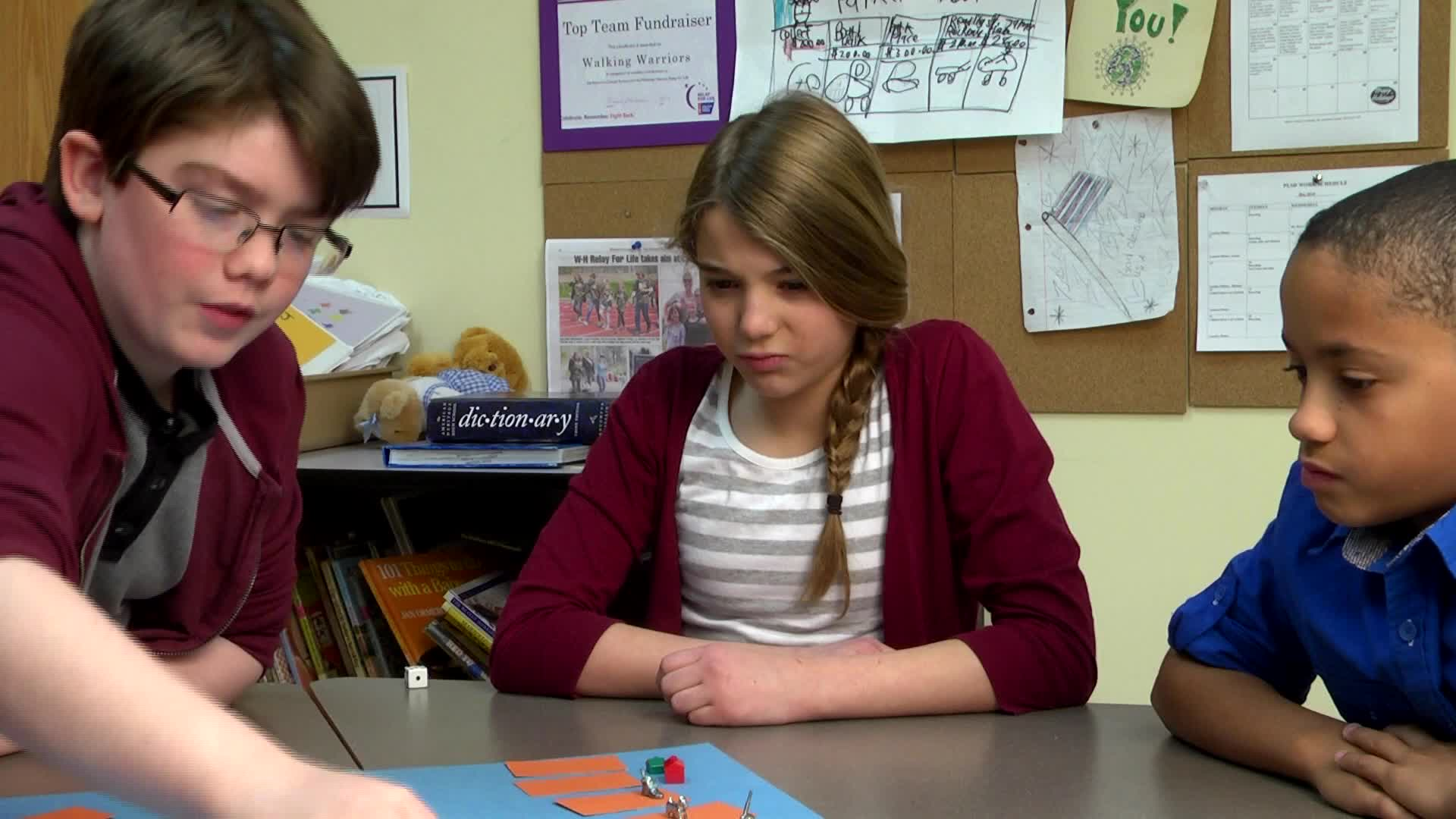
Introduction
As educators, it is essential to help young students develop social-emotional skills that will enable them to navigate social interactions more effectively. One of these crucial skills is learning how to be a good sport when playing games or engaging in sports. This blog post will discuss a no-prep activity to teach Kindergarten students the importance of being good sports, followed by discussion questions and related skills.
No-Prep Activity: The Good Sport Role Play
This activity requires no preparation or materials and is designed to help students understand the concept of being a good sport. To begin, gather your students in a circle and explain the importance of being a good sport when playing games or participating in sports. Then, follow these steps:
- Ask for two or three volunteers to act out a short scene where one student loses a game and reacts negatively, like Serena in the example provided earlier.
- After the scene, ask the rest of the students how they think the other players felt when the “losing” student reacted poorly.
- Next, have the volunteers perform the same scene again, but this time, the “losing” student should demonstrate being a good sport by staying calm and not overreacting.
- Discuss with the students the differences between the two scenes and how being a good sport made the game more enjoyable for everyone involved.
Discussion Questions
After the activity, engage your students in a discussion to further explore the concept of being a good sport. Here are some questions to prompt the conversation:
- Why is it important to be a good sport, even when we are not winning?
- What are some ways you can show good sportsmanship when playing games or participating in sports?
- How does being a good sport affect the way others see us and our relationships with our friends?
- Can you think of a time when you or someone you know was a good sport? How did it make you feel?
- What can you do to help a friend who is struggling with being a good sport?
Related Skills
Teaching students to be good sports is just one aspect of social-emotional learning. Other related skills that can help students develop healthy social interactions include:
- Empathy: Understanding and sharing the feelings of others.
- Resilience: Bouncing back from setbacks and disappointments.
- Cooperation: Working together with others towards a common goal.
- Conflict resolution: Addressing and resolving disagreements in a peaceful manner.
- Assertiveness: Expressing oneself confidently and respectfully.
Next Steps
Now that you have learned about teaching Kindergarten students the importance of being a good sport, it’s time to explore more social-emotional skills and activities. To get started, sign up for free samples of skill-based materials and activities at Everyday Speech. These resources will help you create an engaging, supportive, and inclusive learning environment for your students.





